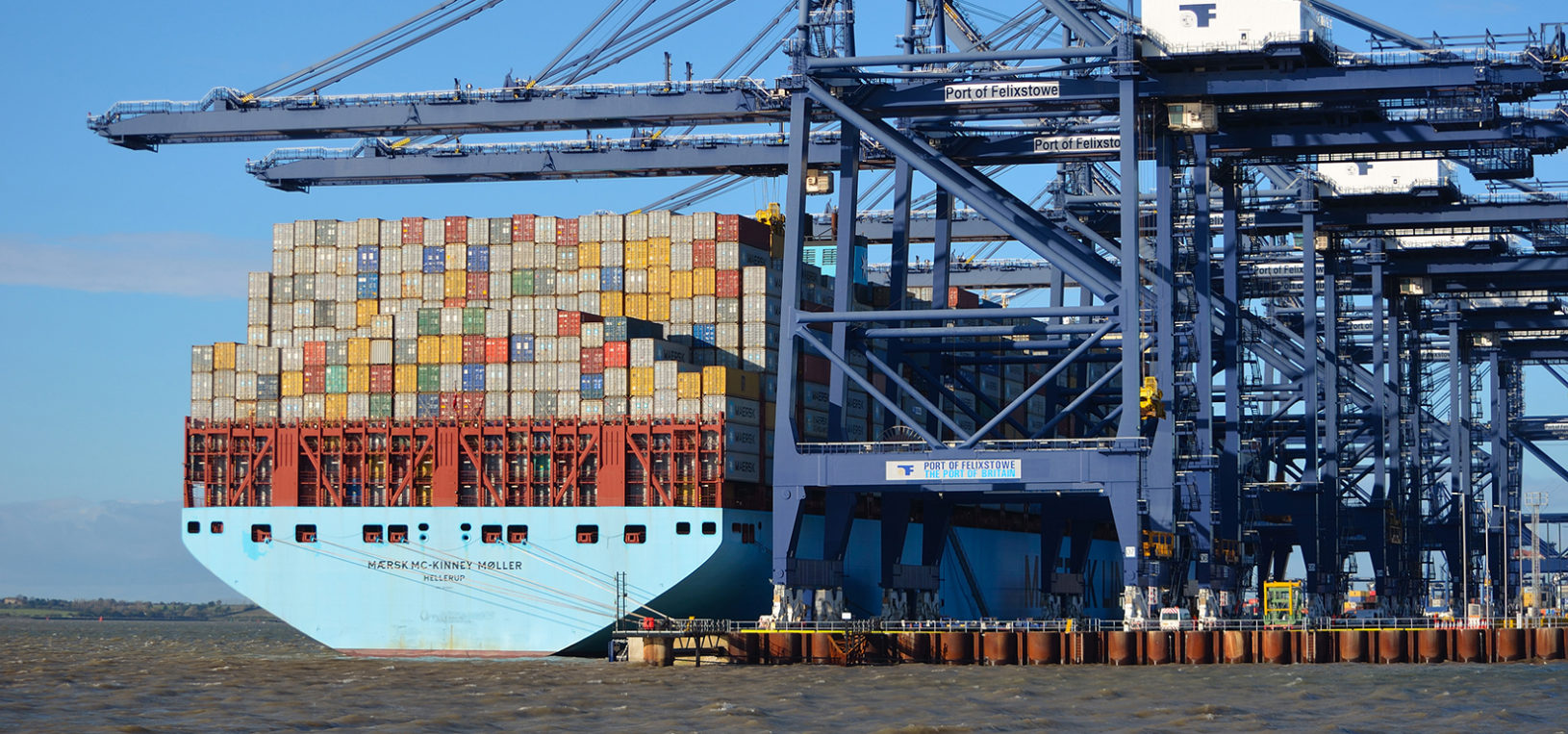
Euro Stars – A city-by-city analysis of how we trade with the EU
Increased post-Brexit access to global markets is unlikely to compensate cities for their loss of access to the EU single market

Increased post-Brexit access to global markets is unlikely to compensate cities for their loss of access to the EU single market
Centre for Cities’ latest report illustrates that increased access to other markets across the globe would be unlikely to compensate cities for their loss of access to the EU single market. The UK should work to ensure access to the EU market with as few barriers as possible – covering services as well as goods.
Theresa May’s decision to invite US President Donald Trump to the UK in June for a state visit was no doubt taken with a view to kick-starting UK-US trade deal negotiations. But, as our latest research shows, a trade deal with the US, or any other country, is unlikely to compensate for the loss of access to the vast EU export market.
The UK’s biggest trading partner by far is the EU. This partnership is strongest for cities; 45 per cent of exports from them go to the EU, while only 13 per cent goes to the second-largest market, the US. Other markets account for smaller shares of exports from British cities, with Switzerland and China both accounting for around 2 per cent each. Other proposed trading partners, such as the Commonwealth countries of Canada, Australia and India, account for even smaller proportions of cities’ exports, further highlighting the primacy of the EU as a trading partner for cities.
The report found great variation between British cities’ export bases; the city with the largest share of its exports going to the EU is Telford in the West Midlands, where EU exports make up 70 per cent of the city’s total. But there is a wide geographical spread to the rest of the top ten cities by share of EU exports. York and Wakefield in Yorkshire are in second and third position, and Blackburn in the North West, Sunderland and Middlesbrough in the North East, Bristol in the South West and Luton and Milton Keynes in the South East all figure in the top ten as well. This indicates how the impact of increased friction in UK-EU trade will be felt across the country.
Other markets are of course important to British cities. 23 per cent of Derby’s exports, for example, go to the US market, and Aberdeen exports 17 per cent of its total to China. But it is telling that, for every city in Great Britain, the EU is the single largest exports market, and this limits the potential for other markets to compensate for the loss of access to the EU market. Indeed, in no city do EU exports account for less than 30 per cent of total exports. One thing that all city economies have in common is that losing access to the EU single market would mean a likely negative economic impact.
So what does this mean for the UK’s future trade policy? Put simply, any future trading arrangements with the EU should maximise single market access to minimise the impact on Britain’s cities. And this means that any deal should be comprehensive, rather than focusing on specific sectors. Much of the debate about a potential post-Brexit trading relationship has focused on the idea of a “customs union” – but this would only cover goods, not services. For cities such as Brighton, Cambridge, Cardiff and Edinburgh, this would be bad news. In all of these cities, services exports alone to the EU account for more than 30 per cent of their total exports – losing access to this market overnight would be a big shock to their economies, with consequences for employment and longer-term growth.
Policymakers should instead look to strike a deal that ensures that British cities do not see their opportunities to export to the EU weakened. Whether this means staying in the EU, striking an innovative, wider customs deal that includes services, or some other comprehensive agreement that covers all export sectors, the crucial point is that all cities have something to lose if a deal with the EU ends up limiting our access to the single market.
Leave a comment
Be the first to add a comment.